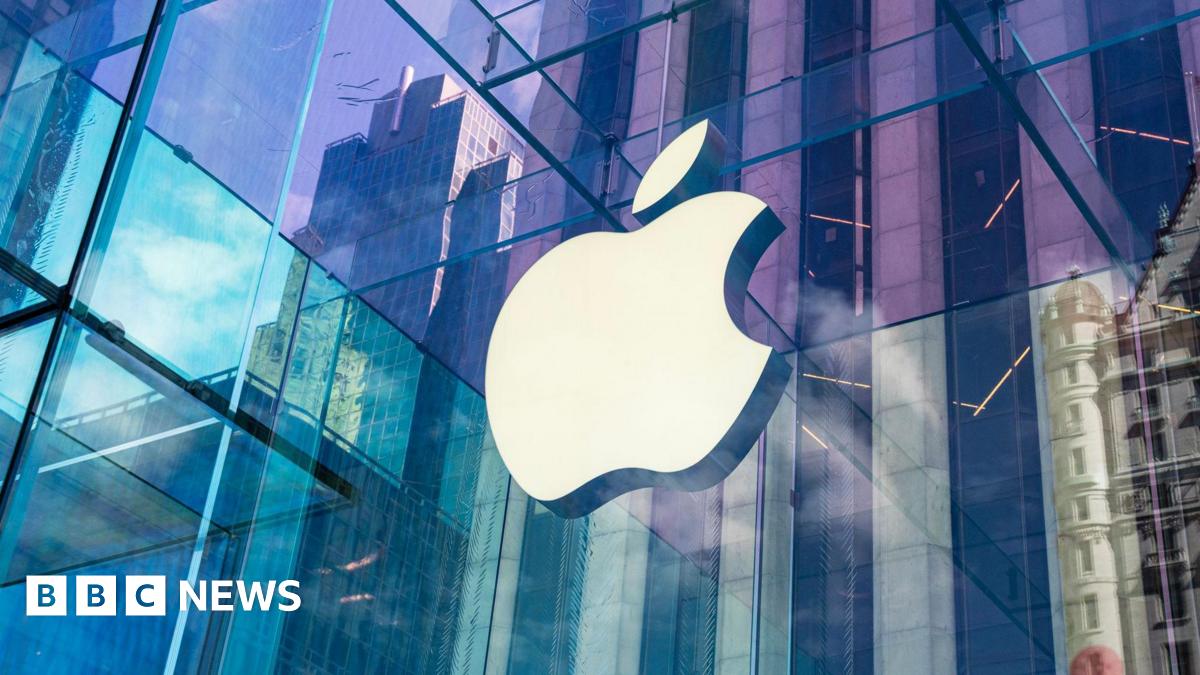The regulation was never about children Avoiding paywall
First, we are told, the relevant secretary of state (Michelle Donelan) expressed “concern” that the legislation might whack sites such as Amazon instead of Pornhub. In response, officials explained that the regulation in question was “not primarily aimed at … the protection of children”, but was about regulating “services that have a significant influence over public discourse”, a phrase that rather gives away the political thinking behind the act. They suggested asking Ofcom to think again and the minister agreed.
Meanwhile, one of Kyle’s junior ministers, Baroness Jones, was sniffing around. She raised the possibility that the act might accidentally start rolling all sorts of websites into the dreaded “category 1”, from Google Maps to eBay. Her intervention seems to have been sufficiently forceful to make “officials consider options” and even to result in a paper in which “options were put forward”. However, officials advised against taking any of them, “because of the risk … of inadvertently creating loopholes”.
The minister was “reluctantly” forced to “recognise that our hands are largely tied by the constraints of the Act” — the act that had been drafted and redrafted and strung along through various changes of minister, in defiance of obvious, red flashing warning lights, by the officials who were, like a kitten playing with a ball of string, now so terribly mortified to find themselves all tied up.
Meanwhile, one of Kyle’s junior ministers, Baroness Jones, was sniffing around. She raised the possibility that the act might accidentally start rolling all sorts of websites into the dreaded “category 1”, from Google Maps to eBay. Her intervention seems to have been sufficiently forceful to make “officials consider options” and even to result in a paper in which “options were put forward”. However, officials advised against taking any of them, “because of the risk … of inadvertently creating loopholes”.
The minister was “reluctantly” forced to “recognise that our hands are largely tied by the constraints of the Act” — the act that had been drafted and redrafted and strung along through various changes of minister, in defiance of obvious, red flashing warning lights, by the officials who were, like a kitten playing with a ball of string, now so terribly mortified to find themselves all tied up.
First, we are told, the relevant secretary of state (Michelle Donelan) expressed “concern” that the legislation might whack sites such as Amazon instead of Pornhub. In response, officials explained that the regulation in question was “not primarily aimed at … the protection of children”, but was about regulating “services that have a significant influence over public discourse”, a phrase that rather gives away the political thinking behind the act. They suggested asking Ofcom to think again and the minister agreed.
Meanwhile, one of Kyle’s junior ministers, Baroness Jones, was sniffing around. She raised the possibility that the act might accidentally start rolling all sorts of websites into the dreaded “category 1”, from Google Maps to eBay. Her intervention seems to have been sufficiently forceful to make “officials consider options” and even to result in a paper in which “options were put forward”. However, officials advised against taking any of them, “because of the risk … of inadvertently creating loopholes”.
The minister was “reluctantly” forced to “recognise that our hands are largely tied by the constraints of the Act” — the act that had been drafted and redrafted and strung along through various changes of minister, in defiance of obvious, red flashing warning lights, by the officials who were, like a kitten playing with a ball of string, now so terribly mortified to find themselves all tied up.
Meanwhile, one of Kyle’s junior ministers, Baroness Jones, was sniffing around. She raised the possibility that the act might accidentally start rolling all sorts of websites into the dreaded “category 1”, from Google Maps to eBay. Her intervention seems to have been sufficiently forceful to make “officials consider options” and even to result in a paper in which “options were put forward”. However, officials advised against taking any of them, “because of the risk … of inadvertently creating loopholes”.
The minister was “reluctantly” forced to “recognise that our hands are largely tied by the constraints of the Act” — the act that had been drafted and redrafted and strung along through various changes of minister, in defiance of obvious, red flashing warning lights, by the officials who were, like a kitten playing with a ball of string, now so terribly mortified to find themselves all tied up.


